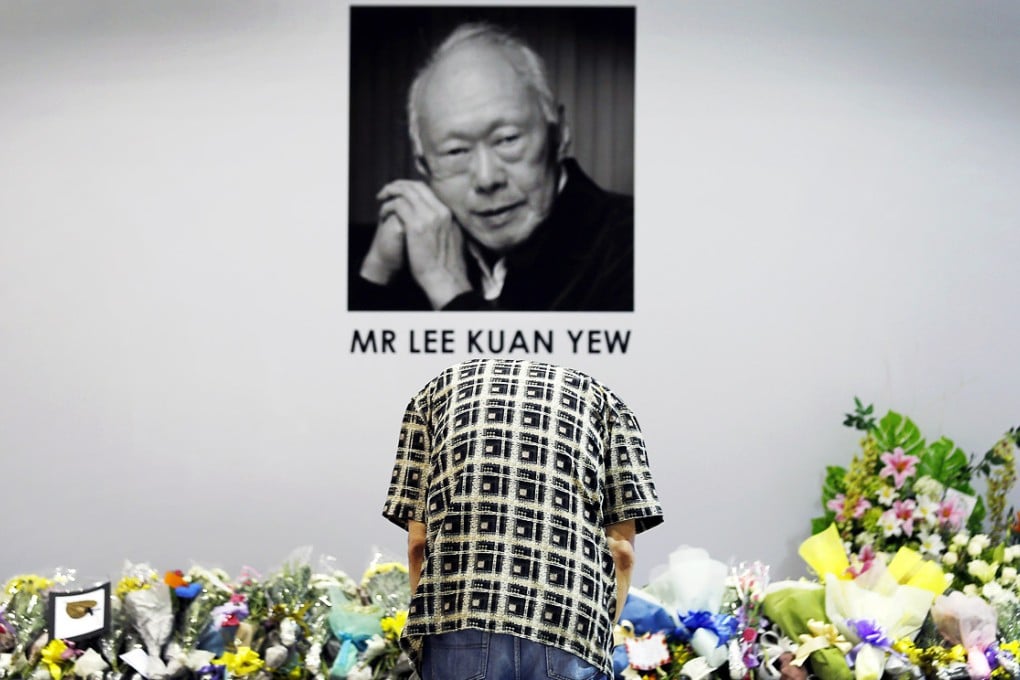Singapore mourns as founding father Lee Kuan Yew dies at 91
Singapore’s founding Prime Minister Lee Kuan Yew died early on Monday after a month in hospital, leaving a legacy of an unlikely country he steered to independence in 1965 and transformed into a global city. Lee was 91.

Singapore’s founding Prime Minister Lee Kuan Yew died early on Monday morning after more than a month in hospital, leaving a legacy of an unlikely country he steered to independence in 1965 and transformed into a global city within one generation.
Lee was 91. He had been on a mechanical ventilator for several weeks since February 5, suffering from severe pneumonia. His condition took a turn for the worse earlier last week after an infection set in. Before that, he was semi-conscious and could respond to people, said a source close to the family.
Watch: Prime Minister Lee Hsien Loong addressing the nation
A statement from the office of the current Prime Minister, his son Lee Hsien Loong, said, "The Prime Minister is deeply grieved to announce the passing of Mr Lee Kuan Yew, the founding Prime Minister of Singapore.
"Mr Lee passed away peacefully at the Singapore General Hospital today at 3:18am."